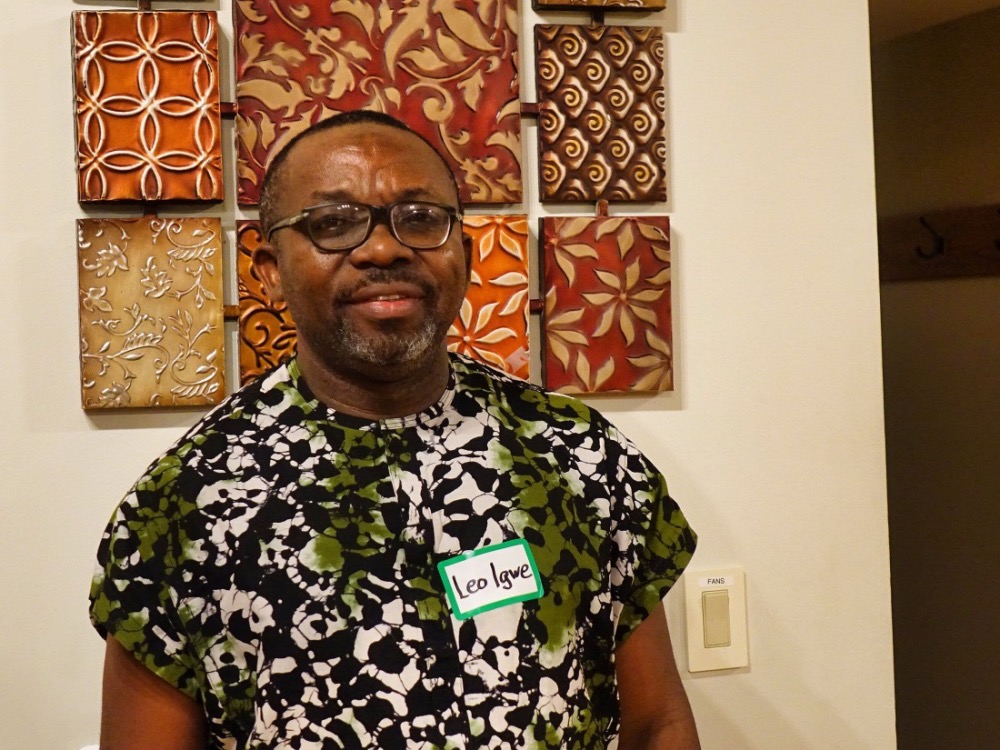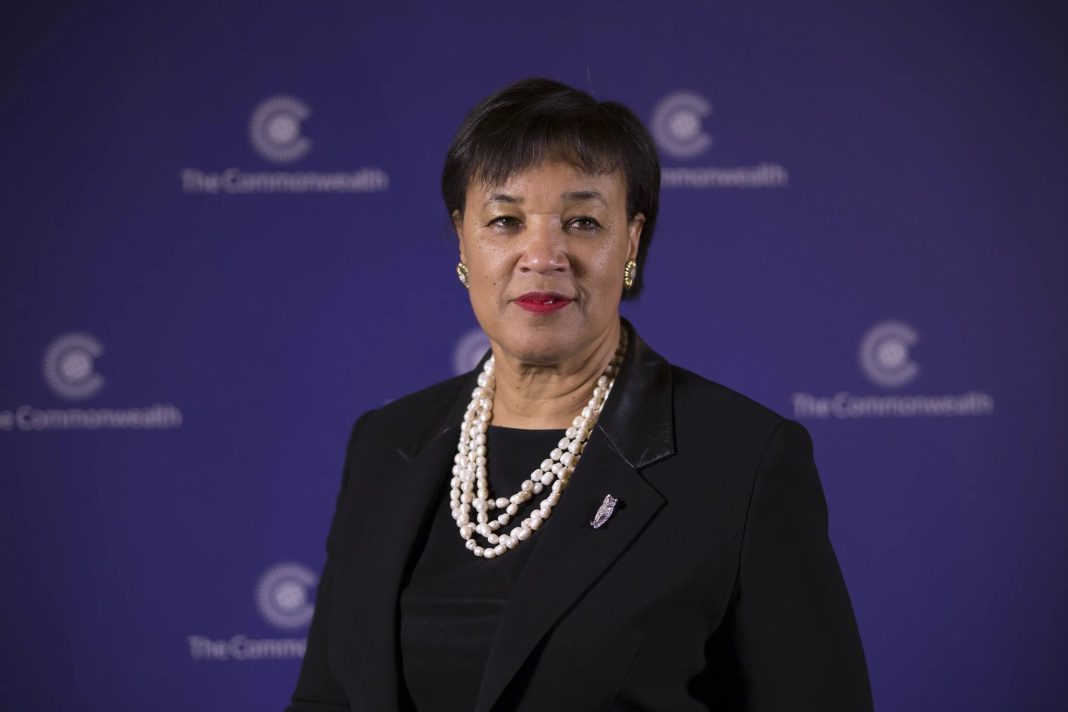LAGOS, Nigeria — The Secretary-General of the Commonwealth of Nations, Patricia Scotland, received an open letter from Leo Igwe, founder and director of the Advocacy for Alleged Witches, AFAW, a Nigeria-based human rights organisation.
The letter, emailed to The Trent and dated Tuesday, October 8, 2024, issued an urgent call for action to address a disturbing and widespread issue within Commonwealth member states: the persecution, violence, and murder of individuals accused of witchcraft.
Dr Igwe’s letter, which has garnered the attention of human rights activists and organizations worldwide, draws attention to the continued existence of witch hunts in countries such as Nigeria, Ghana, Kenya, Tanzania, Zambia, Zimbabwe, South Africa, and even Commonwealth nations beyond Africa, like India.

The letter paints a grim picture of these practices, often seen as relics of a bygone era, but which persist today, shattering lives and communities.
The figures are shocking. In Tanzania alone, it is estimated that 3,000 people were killed for allegedly practising witchcraft between 2005 and 2011.
More troubling still, as many as 60,000 accused witches were murdered between 1960 and 2000.
The violence is not isolated to one region; across Commonwealth nations, alleged witches face brutal punishment.
Reports detail cases of individuals being lynched, buried alive, stoned, and even strangled to death.
Accusations of witchcraft have become a terrifying pretext for summary justice, with victims often subject to mob violence or traditional “trial by ordeal,” which can result in murder.
The letter also highlights the plight of those displaced by witchcraft accusations, such as in northern Ghana, where thousands of alleged witches, primarily women, have been banished to live out their lives in makeshift camps, ostracised from society.
“Witch hunting is supposed to be a thing of the past,” Dr Igwe writes.
“But it is not due to the inaction of local and international actors like the Commonwealth.”
The persistence of witch hunts in Commonwealth Nations, Dr Igwe argues, is exacerbated by a combination of official indifference and cultural misconceptions.
Witchcraft accusations often stem from deeply ingrained superstitions and social tensions, where vulnerable individuals—especially women, children, and the elderly—become scapegoats.
In his letter, Dr Igwe takes aim at the perception that witch hunts are somehow embedded in African culture, emphasizing that these acts are harmful traditional practices that must be eradicated.
Despite a United Nations resolution passed in 2021, urging member states to take all necessary measures to combat abuses linked to witchcraft beliefs, the situation in many Commonwealth countries has remained dire.
Human rights organisations have noted that the lack of a coordinated international response has allowed these atrocities to persist in silence.
Igwe’s call to action urges the Commonwealth, a body that represents 56 member states and 2.5 billion people, to add its voice to global efforts to combat witch hunts and ritual abuse.
As a coalition that advocates for democracy, human rights, and rule of law, the Commonwealth has the unique ability to address this crisis on an international stage, influencing policy change in its member nations.
However, critics argue that the organisation’s silence on the issue has allowed witch hunts to continue unchecked.
The letter raises questions about the role of the Commonwealth in addressing human rights abuses within its member states.
As Dr. Igwe points out, the continued killings and persecution of those accused of witchcraft represent a profound violation of basic human rights.
Advocates are calling for the Commonwealth to take immediate and decisive action, with potential steps including pressure on member governments to enact and enforce laws prohibiting witchcraft accusations, providing support to victims, and raising public awareness to dispel harmful superstitions.
The path forward is complex, but as the letter underscores, inaction is no longer an option.
Igwe closes his plea with a reminder of the human cost of silence: “I urge you to use your good office and get the Commonwealth to add its voice to efforts to end witch hunting and related abuses in the world.”
As global awareness grows, it remains to be seen whether the Commonwealth will heed the call to take action against witch hunts and bring an end to this ongoing crisis that continues to destroy lives in the 21st century.







